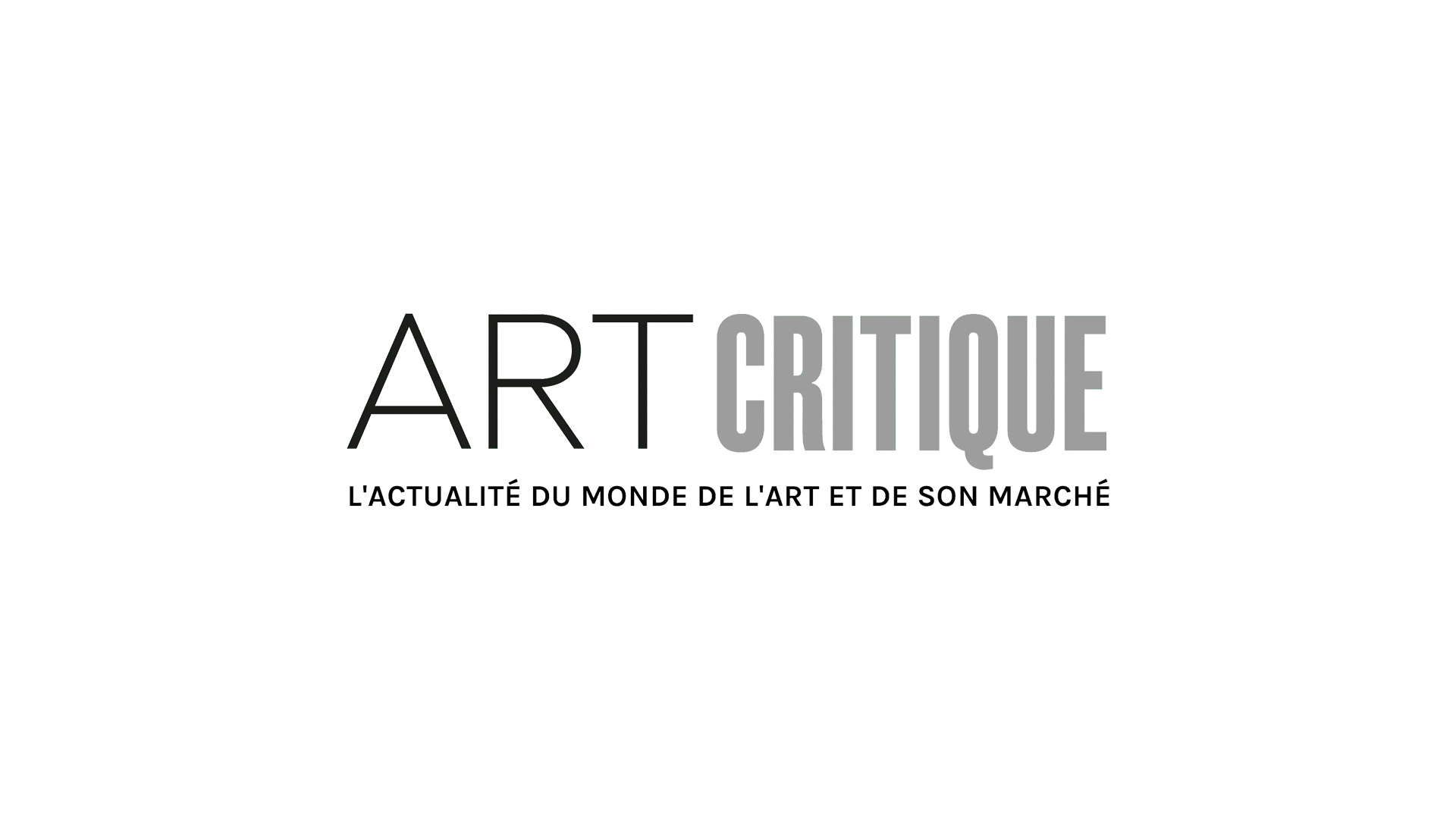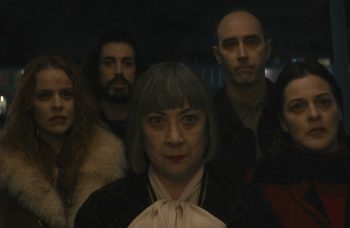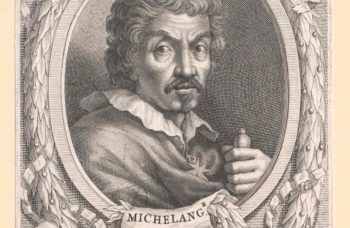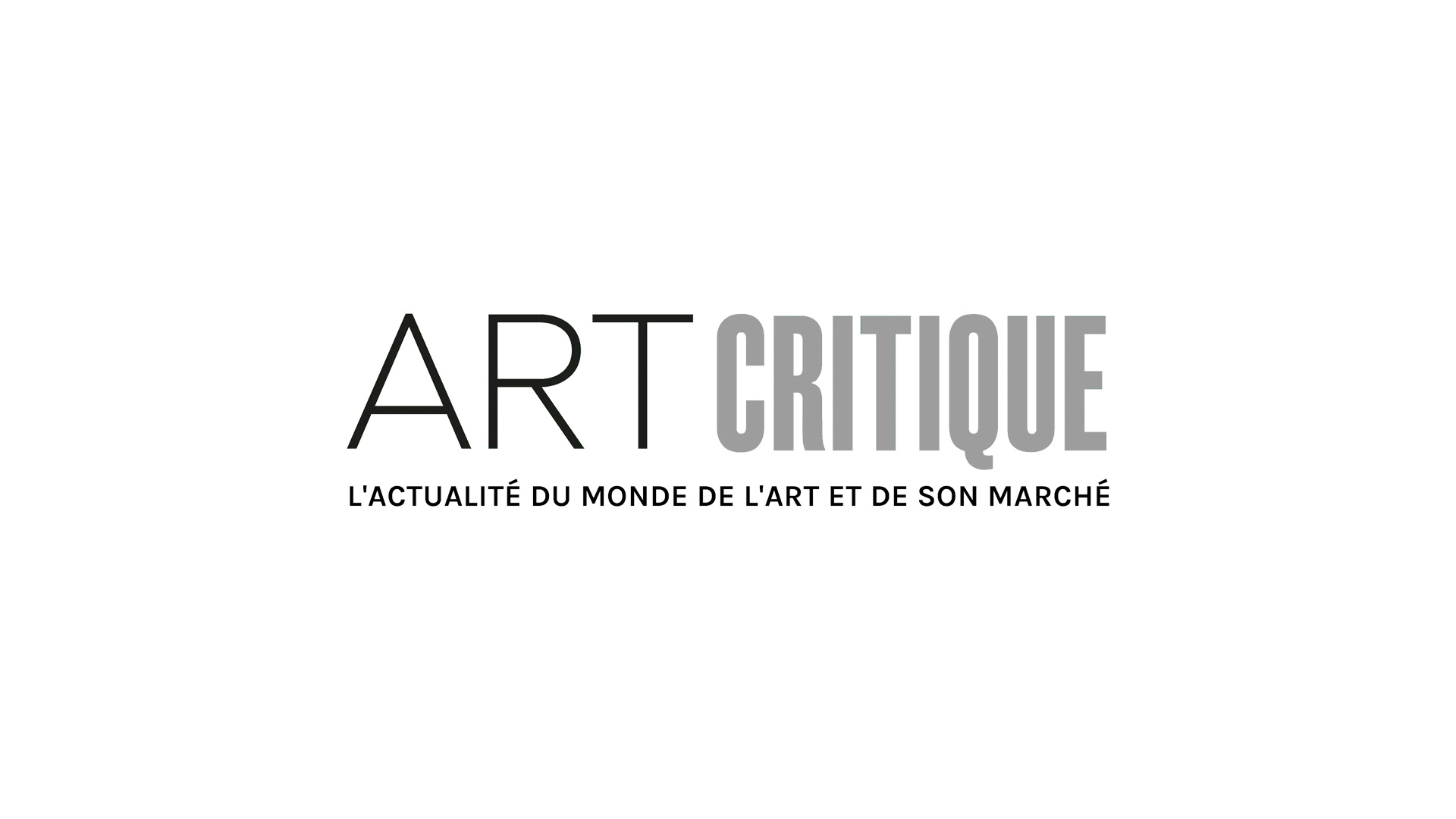Currently occupying the first floor of the Phi Centre in Montreal is a pop-up of vibrant goods from all over the world. The umbrella serving as presenter for all of these artisanal creations is Goodee, an organization seeking to put products aware of social impact at the forefront. Not just in the sense of buying locally, but also products that are aware of the connection between ecology and creation, and aware of the impact that their creation can have on communities. And underlying this connection between communities, individuals, crafters, and consumers: the story between product and person.
I’m told about Goodee’s mandate and direction by Viktor, who works with Goodee and is currently overseeing the pop-up studio. He tells me that Goodee is, essentially, a platform. They seek to showcase an international collection of sustainable, aware, and future-minded crafters of homeware and personal goods. Together with like-minded creators, they seek to change what consuming can be; to be able to have in-store conversations like the one Viktor and I were having, about where products are coming from and what they mean to us and the communities they come out of and arrive in. And throughout the entire conversation, I thought to myself, “Don’t all of these questions fall to all forms of creation?”
You have tickets to a wonderfully decadent and over-the-top Broadway production. The set spans multiple storeys and the entire width of the stage. Where does all the lumber and other raw materials come for that? And after the production is the entire set torn apart and tossed out? Or left in the dusty darkness of a storeroom never to serve a purpose?
You’re at the most explosive of arena rock shows, with towering lighting, pyrotechnic, video, and sound fixtures having been hauled by the truckload. High energy outputs run all day, late into the night. How much energy is used to create that experience? How much exhaust plumed across the country to keep this show on the road? And in both these cases, how are hosting cities’ and touring performers’ respective communities involved or affected by these productions?
I’m not suggesting an immediate or simple solution to the environmental and social impacts artists can have in their creative process, but it is an important issue to keep in mind moving into the future of production efforts. The question of connection and accountability is a ripe one that can be brushed over for wow-factor and routine. In the meantime, there are clearly many creators of home goods and the like that have the question in their mind. And the individuals Goodee has partnered with also have the connection of their individual product and individual consumer in mind, a connection less cherished in this world of mass produced and consumed goods. “We are trying to get people to connect again”, Viktor tells me, highlighting the story that exists in each hand made item and a person’s choice to purchase it. He also tells me a phrase of Goodee’s founder: “We are human.” And it is the human experience and connection sought after in this studio.
The goals for Goodee appear to be a universal platform, incorporating as many like-minded creators as they can to continue on this conversation of ecology and creation. I ask Viktor what the biggest obstacle in these changes that Goodee hopes to make. “Habit”. And I would say this is true of any venture for progress; convincing individuals to break from their own unthought of norms, as well as the education of why those habits deserve to be broken. With a retailer having such a forward thinking idea at its core, there’s no reason why artistic companies can’t also take into account how to reduce their own footprint. The makers of these changes would not just be showing an ideal for the future, they could be securing that sustainable future as well.





